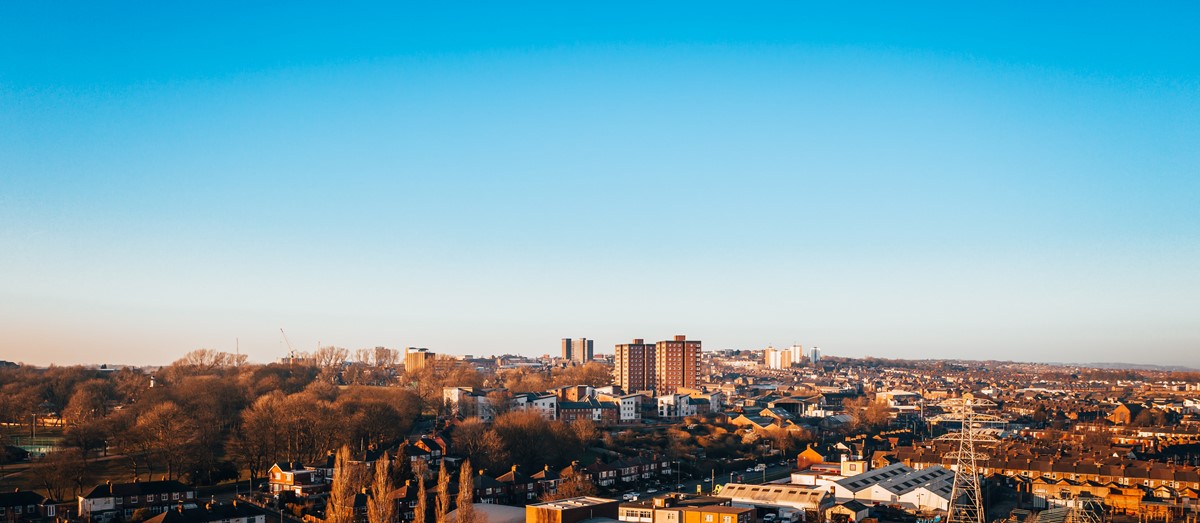But after spending the evening with voters in Stoke last night, the latest of five focus groups we’ve run across the country during the leadership contest, it’s become clearer and clearer just how much the public and some of the commentariat are looking for different things. The people we spoke to in Stoke didn’t think the ex-chancellor could understand their worries and concerns ahead of a difficult winter for the country. Shirley, who’s lived in Stoke all her life, gave Sunak credit for trying to reassure voters that he understands ‘working class people’ but said she personally remained unconvinced after Monday night’s BBC debate.
Shirley isn’t alone. The refrain that we’ve heard time and time again in our focus groups has been ‘six months ago, he was my man, but not anymore’. That shift has been driven both by tax and partygate but also a perceived failure to deal with cost of living, because while people don’t blame the government for inflation, they are running out of patience with a perceived lack of action.
A series of ‘image gaffes’ haven’t helped. Unless it’s truly catastrophic, a politician mangling a policy discussion on the Today programme is embarrassing today, forgotten tomorrow. But a picture paints a thousand words. Being photographed looking like you don’t understand contactless payments, or filling up a family car that’s not your own, or wearing Prada shoes to a building site in Blyth — all stick in the public’s mind because they provide a tangible confirmation that politicians are out of touch. There’s little that a polished debate performance can do to change that.
That is not to say this race is over. Several participants in last night’s group benefited directly from the chancellor’s furlough scheme and were grateful for his management of the economy during the pandemic. Nor will the general public be the ones who get a ballot paper to vote in the leadership race next week — another sore point for last night’s participants in Stoke.
What’s more, while Sunak faces the challenge of changing perceptions, Liz Truss has to make a positive first impression. Across groups, it’s striking how few people know who senior politicians are or would recognise them in the street. But there are signs from our groups that the current environment means what might be considered a weakness in Westminster (the fact that she isn’t as slick a candidate) is being seen as a strength outside the bubble.
In Stoke last night, the foreign secretary’s less polished, patient approach in the debate made them more likely to listen to her, and increased their confidence that she would listen to them too. In other groups, when we’ve played the ITV debate clip of the exchange about Truss’ political past as a Liberal Democrat and Remainer, people liked her response and were more likely to find it weird if someone said they’ve never changed their views.
Ultimately, the problem here isn’t about people taking different sides in the race — we will all like different candidates more or less, appreciate their strengths or worry about their weaknesses. What is a problem is that many of those shaping our media and political debate (Westminster’s villagers) can’t see why the public might take a different view to them. Seven in ten Britons already say they feel looked down on by those in politics and the media — being told they’re making the wrong choices risks making that worse.
As in 2016, those of us in the bubble would do well to listen more and assert less. You never know, we might well find it’s our minds that end up changing.
First published: The Times, Red Box. Wednesday 27th July 2022
